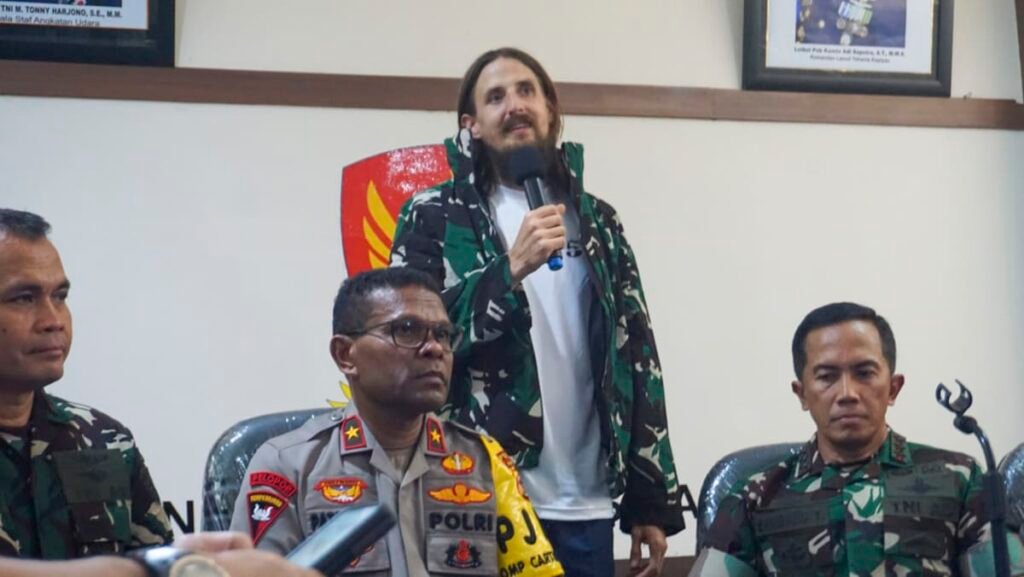Jakarta and Wellington both denied allegations made by rebels in Papua that a New Zealand pilot, Phillip Mehrtens, was released from captivity after a payment was made to the insurgents. The West Papua National Liberation Army (TPNPB) released Mehrtens after 19 months in captivity, with a spokesman for the group claiming that the Indonesian government gave money to a local leader who then paid the rebels. The rebels allegedly received the funds through a family system, ultimately leading to Mehrtens’ release.
However, New Zealand Foreign Minister Winston Peters refuted claims of any payment being made for Mehrtens’ release, stating that it was diplomacy that secured his freedom. Peters emphasized that New Zealand does not pay ransoms or bribes, and that the efforts made by officials to secure Mehrtens’ release were now overshadowed by the bribery allegations. It is unclear how Mehrtens’ release was negotiated, but both Indonesia and New Zealand maintained that no payment was made to the rebels.
The release of Mehrtens highlights the ongoing conflict in Papua, a region that has seen separatist movements and violence for many years. The TPNPB, the group responsible for holding Mehrtens captive, is one of several separatist groups operating in Papua, with clashes between these groups and Indonesian security forces occurring frequently. The situation in Papua is complex, with grievances over political autonomy, human rights abuses, and environmental issues contributing to the conflict.
The allegations of bribery surrounding Mehrtens’ release raise questions about the role of outside actors in resolving conflicts in Papua. While diplomatic efforts were reportedly successful in securing Mehrtens’ release, the involvement of the Indonesian government and the denial of any payment by New Zealand demonstrate the challenges of navigating complex conflicts in the region. The conflicting narratives from different parties involved further complicate the situation and may impact future negotiations or efforts to address the root causes of the conflict in Papua.
Moving forward, it is essential for all parties involved in the Papua conflict to engage in transparent and constructive dialogue to address grievances, uphold human rights, and work towards a peaceful resolution. The release of Mehrtens could potentially serve as a catalyst for renewed efforts to address the underlying issues fueling the conflict in Papua. By acknowledging the complexities of the situation and working together to find sustainable solutions, there is hope for a peaceful and inclusive future for the people of Papua.
Overall, the release of Phillip Mehrtens from captivity in Papua has sparked controversy and raised important questions about the conflict in the region. The denial of bribery allegations by Jakarta and Wellington, as well as the insistence on diplomatic efforts as the means of securing Mehrtens’ release, underscore the challenges and complexities of addressing the conflict in Papua. The conflicting narratives and underlying issues in the region highlight the need for continued efforts towards dialogue, reconciliation, and sustainable peace in Papua.












